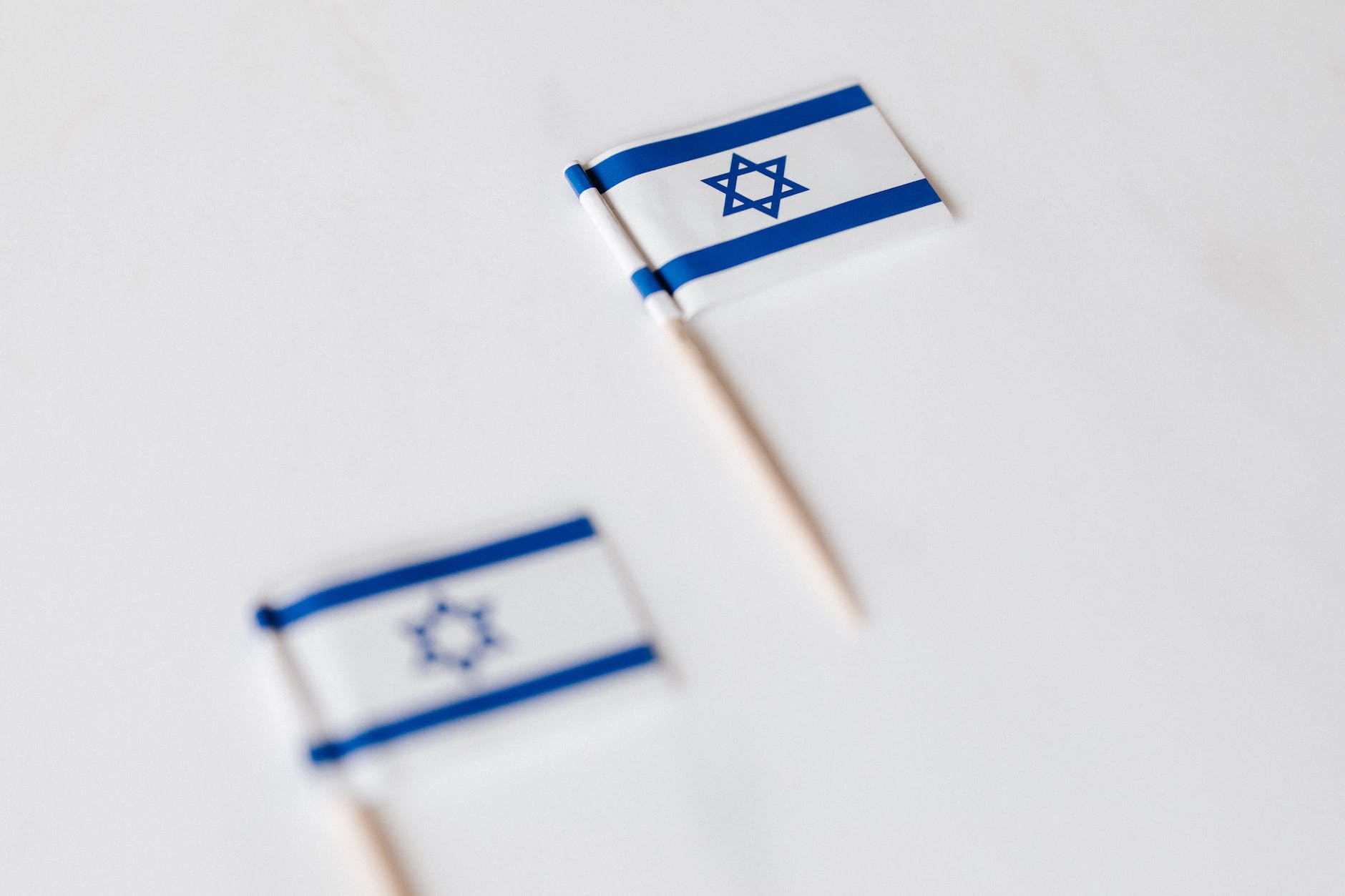The various expressions of cannabis culture around the world have one common denominator: a shared appreciation for the cannabis plant. While specific attitudes towards its usage may vary due to culture differences, this curiosity and passion for the plant connects cannabis enthusiasts internationally. As a result, many countries have modified their laws regarding cannabis use, acknowledging medical marijuana programs, cultural factors, and potential economic benefits. Let’s take a closer look at how cannabis is perceived and treated in four diverse regions.
United States
It’s impossible to talk about cannabis culture without highlighting the United States, which has experienced drastic changes in both public opinion and legalization. The progressive state of Colorado became the first in the nation to legalize recreational marijuana in 2012. Since then, 17 states, two territories, and the District of Columbia have followed suit as reported by the National Conference of State Legislatures (NCSL). Furthermore, 36 states have medical marijuana programs, catering to patients who require cannabis for treating specific medical conditions.
The growth of legalization has spurred cannabis tourism, with people flocking to places like Colorado and California to visit dispensaries and other cannabis-themed attractions. Additionally, cannabis festivals such as High Times Cannabis Cup and the Emerald Cup have become popular destinations for those with an interest in the plant.
Europe
The European attitude towards cannabis is generally more relaxed than in the US. However, international cannabis laws and drug policies can still be quite divergent. For instance, The Netherlands is famous for its cannabis coffee shops, where marijuana is effectively decriminalized and can be bought and consumed in a controlled environment. Spanish cannabis social clubs are another example of a progressive cannabis culture, with members joining to access private cannabis-growing cooperatives.
On the other hand, some European countries, such as Sweden, have a zero-tolerance policy towards cannabis. Despite these contrasting approaches, there has been a growing movement for marijuana reform throughout Europe. Multiple countries are in the process of adopting medical marijuana programs, with Germany being the largest market.
Jamaica
The Caribbean island of Jamaica is world-renowned for its association with cannabis, especially due to its strong ties to the Rastafarian religion. In 2015, the government of Jamaica approved amendments to its drug laws that decriminalized small amounts of marijuana and allowed the cultivation of up to five plants for personal use.
Cannabis tourism is a significant contributor to Jamaica’s economy, with companies offering guided tours to the island’s hidden marijuana farms and cultural experiences related to cannabis use. Jamaica-hosted cannabis festivals, such as Stepping High Festival, celebrate Rastafarianism, music, and the cannabis plant.
Japan
In stark contrast to the other countries on this list, Japan has one of the strictest cannabis policies in the world. Possessing even a small amount of marijuana can result in up to five years in prison, and cultivation or distribution carries even harsher penalties. Stereotypical stoner culture is mostly absent due to the harsh legal penalties and social stigma associated with cannabis use.
Despite this, there have been some signs of change, with a growing number of Japanese citizens advocating for the legalization of medical marijuana, although no definitive progress has been made.
In conclusion, as international cannabis laws and public opinion continue to evolve, it’s essential to understand the rich and diverse landscape of cannabis culture across the globe. Whether you are a patient, a recreational user, or simply an enthusiast, it’s important to recognize these differences and respect the contexts in which they exist.

